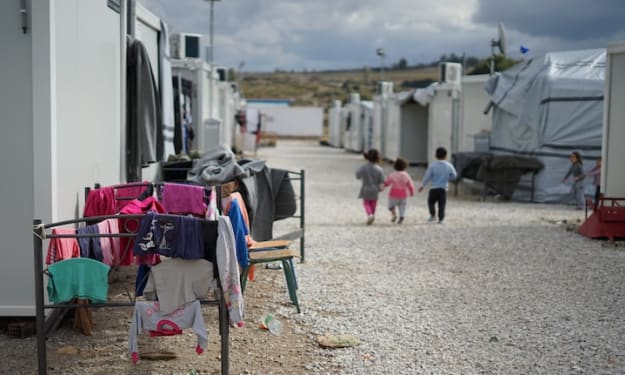
Section 1: The Dusty Original copies
In the faintly lit corners of a failed to remember library, history specialist Amina finds an assortment of dusty original copies concealed in a dark segment. The original copies, containing letters, journals, and photos, divulge a gold mine of untold Palestinian stories. As Amina starts her investigation, she detects the heaviness of history ready to be rediscovered.
Part 2: Letters from the Diaspora
The main arrangement of archives Amina uncovers comprises of letters traded between Palestinian families isolated by the diaspora. Through the genuine words on paper, a story arises of flexibility, yearning, and the aggregate assurance to save a feeling of character across ages spread all over the planet.
Section 3: Voices of the Hushed
Amina finds records of meetings led with Palestinians whose accounts were minimized or smothered. These voices, once quieted, discuss opposition, endurance, and the many-sided embroidery of social practices that supported networks during seasons of disturbance. Amina understands that the genuine history lies in these underestimated accounts.
Part 4: Relics of Opposition
Among the original copies are photos of ordinary articles changed into images of opposition. From conventional Palestinian weaving to regular utensils, every curio turns into a quiet declaration to the imagination and flexibility of not entirely set in stone to safeguard their social legacy regardless of misfortune.
Section 5: Stories of Failed to remember Towns
In the files, Amina coincidentally finds records of towns eradicated from standard verifiable stories. Through guides, declarations, and blurred photos, the tales of these neglected spots become completely awake. The towns' narratives challenge winning ideas about the locale's past and give a more complete comprehension of the Palestinian experience.
Part 6: The Artist's Insubordination
Amina finds crafted by a failed to remember Palestinian writer whose refrains stirred things up. The writer's words, when thought about rebellious, discuss love for the land, obstruction against mistreatment, and the getting through trust for a superior future. Amina becomes enraptured by the writer's boldness and investigates the effect of their works on forming a story of flexibility.
Part 7: Mysteries in the Edges
As Amina digs further, she tracks down comments in the edges of true archives — unpretentious demonstrations of opposition by the people who recorded their insights even with forced accounts. These negligible notes become a demonstration of the organization still up in the air to transform history, regardless of whether it was in the edges.
Section 8: The Lost Diaries
Amina uncovers a bunch of diaries composed by a Palestinian explorer who reported their encounters across borders. The diaries uncover experiences with assorted societies, challenges looked in unfamiliar terrains, and the profound feeling of association kept up with the country. Amina follows the voyager's strides, unwinding a story of culturally diverse flexibility.
Section 9: Disclosing the Revisionism
Amina runs over proof of verifiable revisionism that molded standard stories about Palestine. She goes up against the test of uncovering bits of insight that challenge laid out viewpoints, understanding the significance of modifying history according to the viewpoint of the individuals who lived it.
Part 10: Reverberations of Character
In the last parts, Amina orders the found stories into a thorough history that difficulties assumptions. The lost chronicles become a demonstration of the versatility, variety, and rich social legacy of the Palestinian public. Amina's process leaves her with a significant comprehension that set of experiences isn't fixed; it is a developing story molded by the voices that will not be neglected. final chapters hadill .
About the Creator
JAMAL EZZ
Reading is swimming in the seas of science and knowledge on boats of lines. Reading is a dialogue with ideas, opinions, perceptions, and fantasies, and a meeting with their owners on the pages of books.






Comments
There are no comments for this story
Be the first to respond and start the conversation.